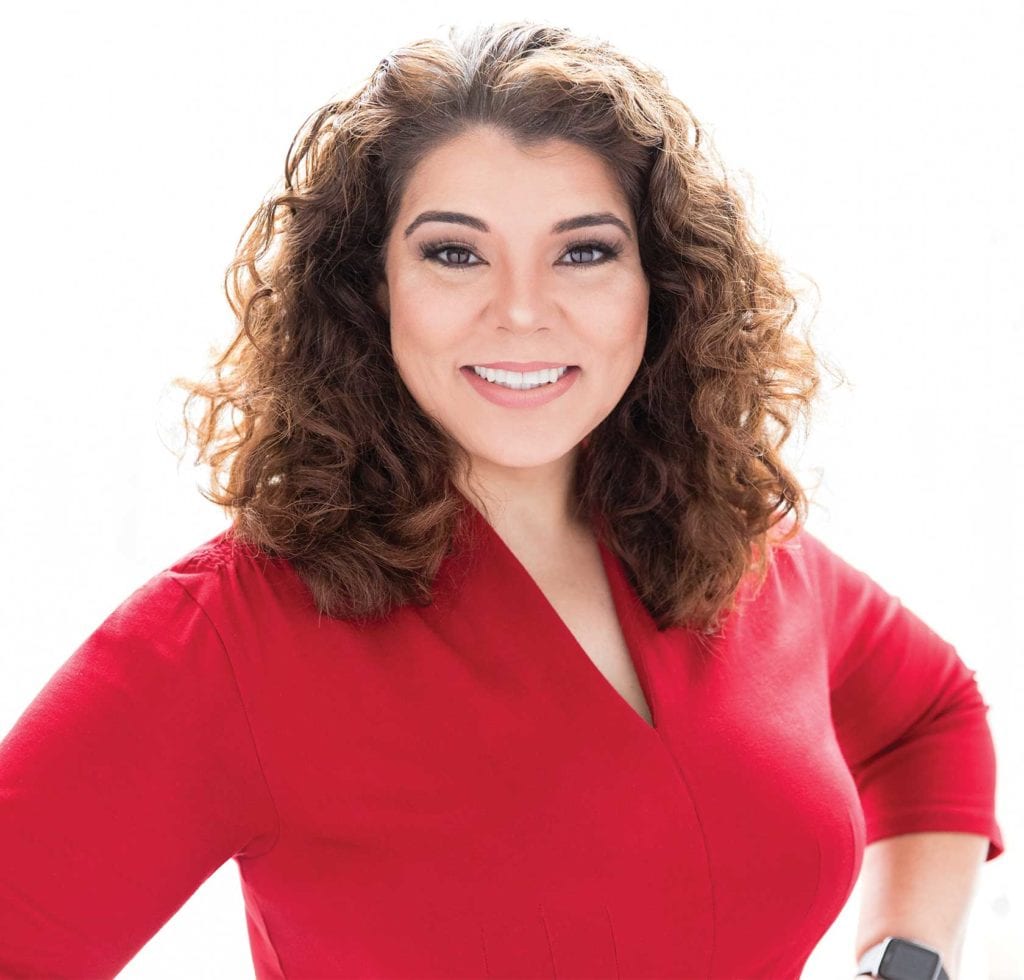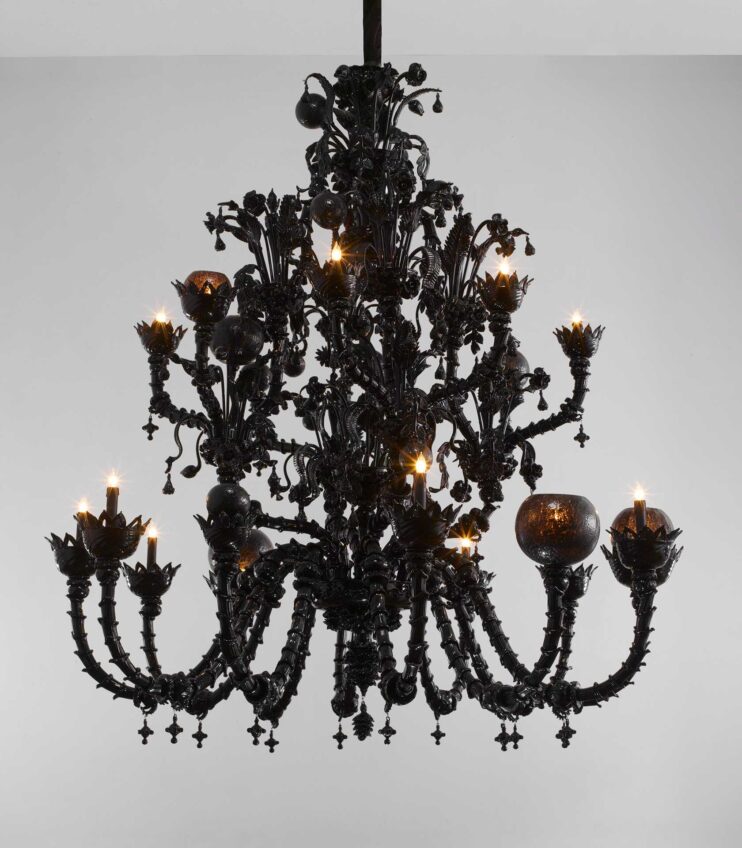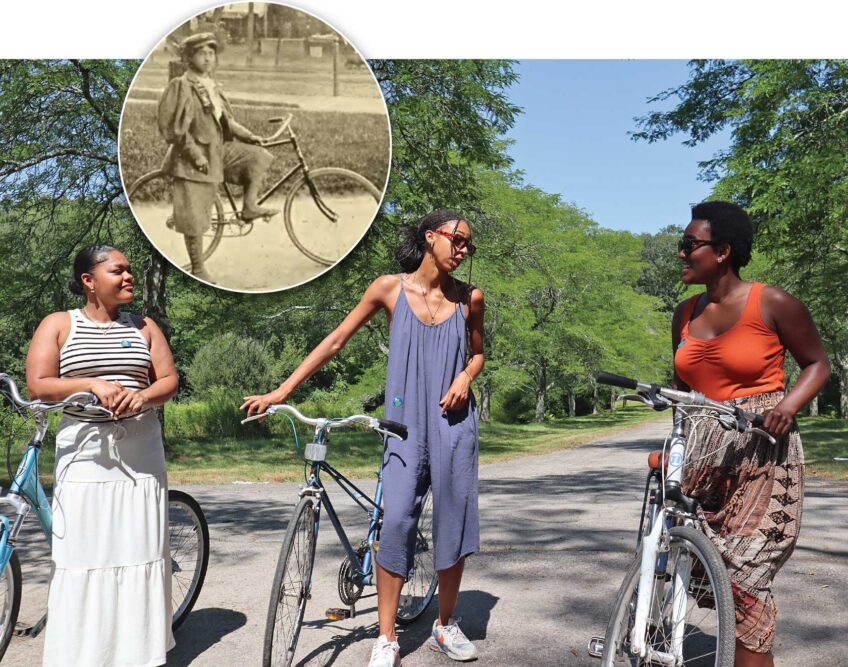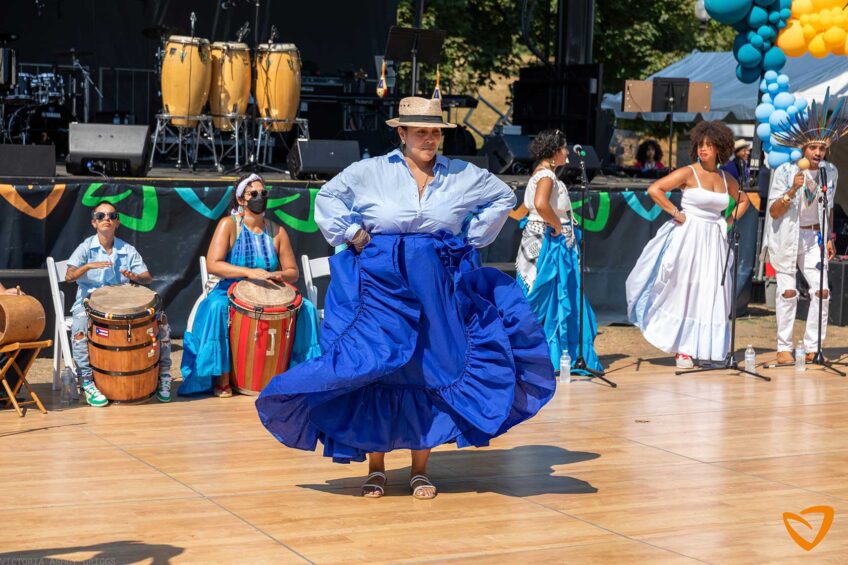
Opera originated more than 400 years ago, spun from the threads of classical Greek drama. Many facets of the medium, including who is permitted to participate and what stories are told, are still struggling to catch up to 2020. Boston Lyric Opera is bringing opera into the contemporary art world with new programs that challenge accessibility, race and representation on stage and the hurdles of public performance during a pandemic.

Recent guests on “We Need to Listen” include, (left to right) Alexa Smith of Manhattan School of Music, Miguel A. Rodriguez of Athlone Artists and artist/activist Zakiyyah Sutton. COURTESY PHOTOS
“We Need to Listen: Conversations that Matter” is a web series produced by BLO and moderated by public radio journalist and classically trained soprano Celeste Headlee, who also happens to be the granddaughter of renowned African American classical composer William Grant Still. In the series, Headlee speaks with guests from across the music and opera world exploring the way racist practices have kept talented performers of color from the stage, and what can be done to change that now.
“The reality is that we have not shared the stories of all of our diverse communities. And that’s a loss for all of us,” says Esther Nelson, general and artistic director of Boston Lyric Opera. “I believe that we are currently in a seismic societal change that lends an urgency and a new opportunity to break long-established barriers, some seen, some unseen.”
In order to ensure these changes are made in the BLO organization as well, Vimbayi Kaziboni, a conductor, music professor and former Fulbright Fellow, has been appointed to the role of artistic advisor. “My goal in this new position is to apply my artistic mission to champion unsung voices and tell new stories in opera,” says Kaziboni.
Like many live performance organizations, BLO has launched online performances during the COVID-19 pandemic. In spring, the opera company began adding free content to its online “[insert:opera]” platform and has begun migrating content as well onto “operabox.tv,” a digital streaming platform designed specifically to feature the BLO’s work.
Though subscriptions can be purchased for full-length performances, BLO has made sure that a large number of programs remain free and accessible to the public, including the “We Need to Listen” series and “The Tonic Hour,” which pairs participants with professional artists in a make-your-own opera event.
These efforts demonstrate an overhaul of all that opera has historically been. By bringing in new voices and perspectives, confronting the inherent biases in the industry and making the art form as accessible as possible to everyone, BLO is creating an opera company for the modern world.







